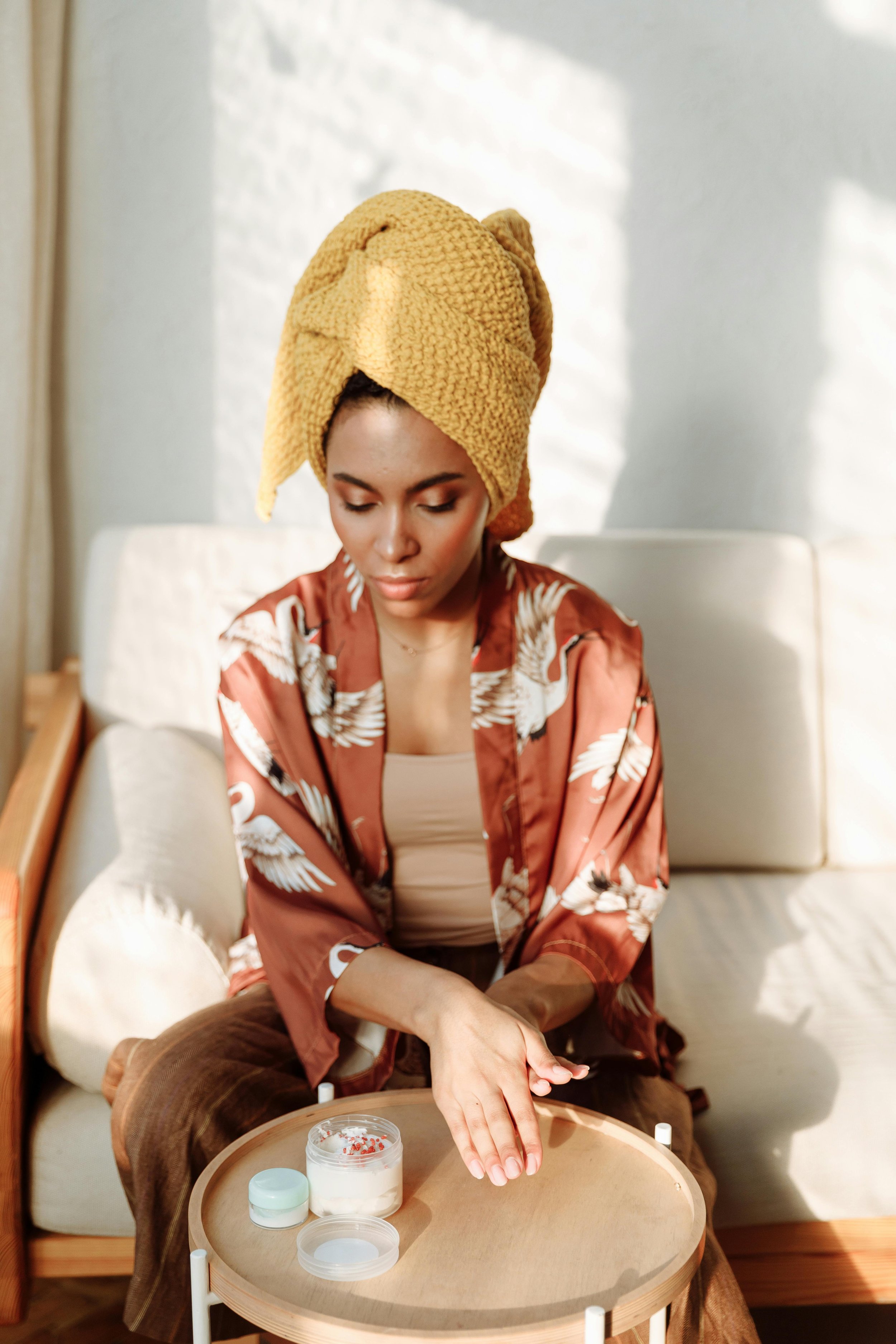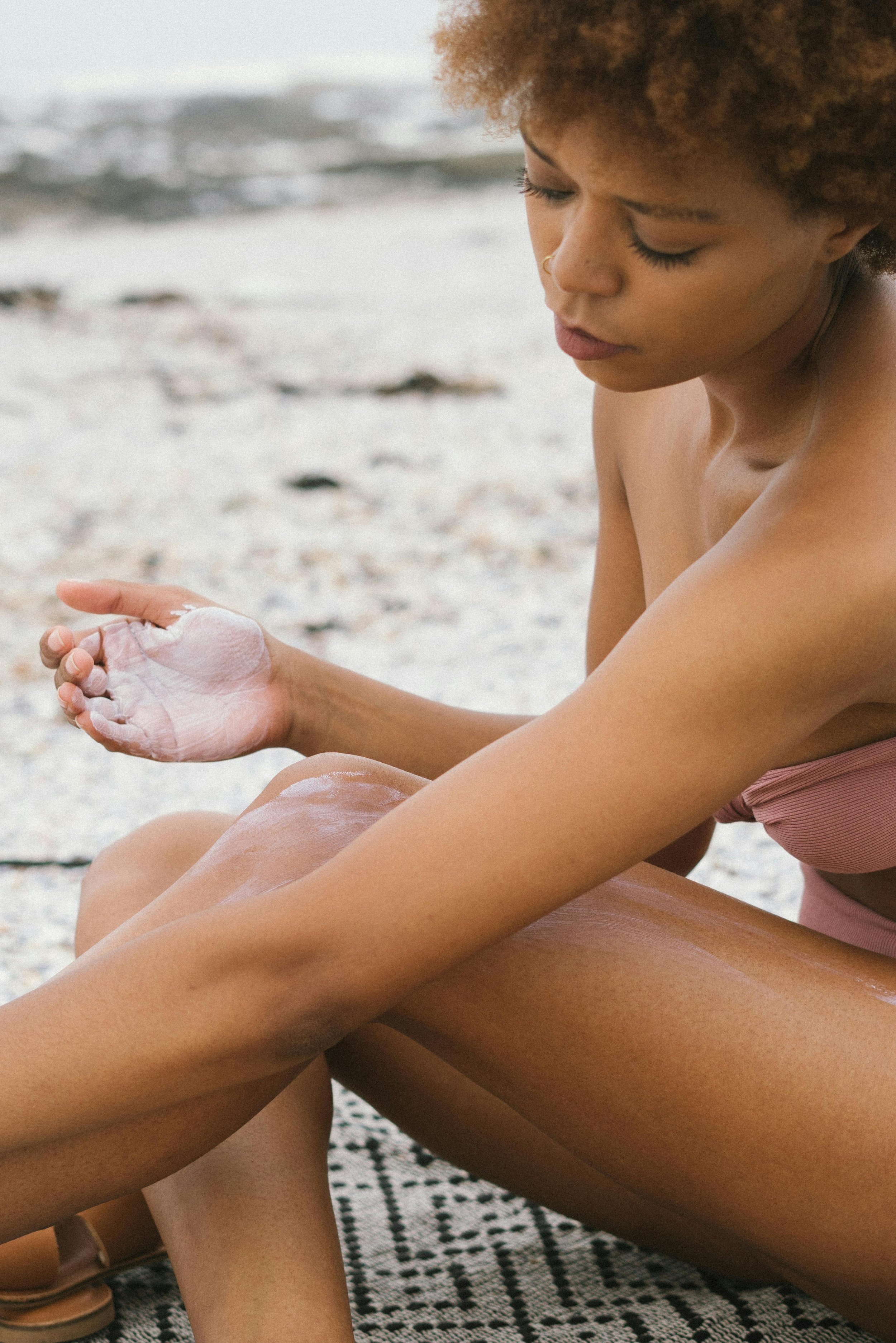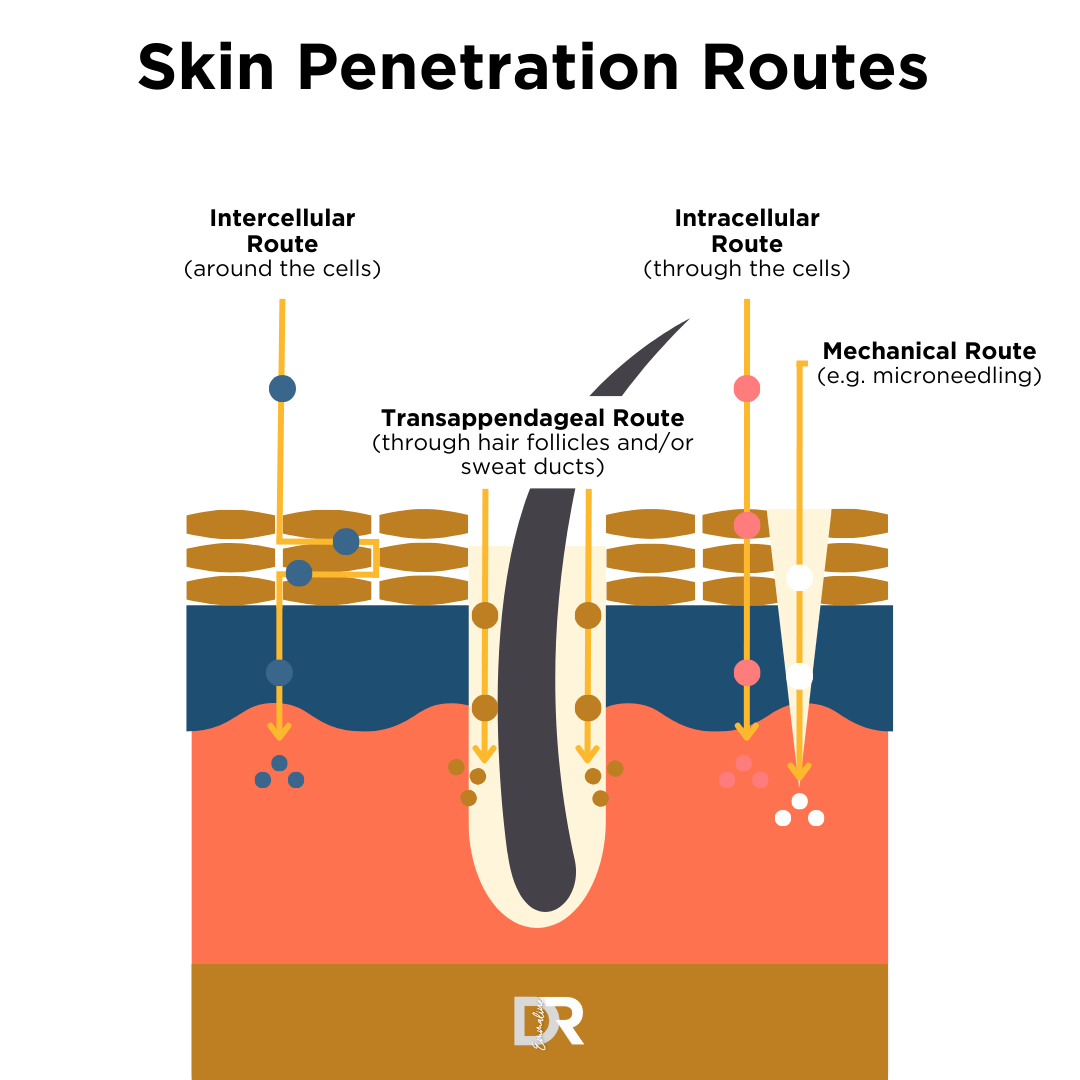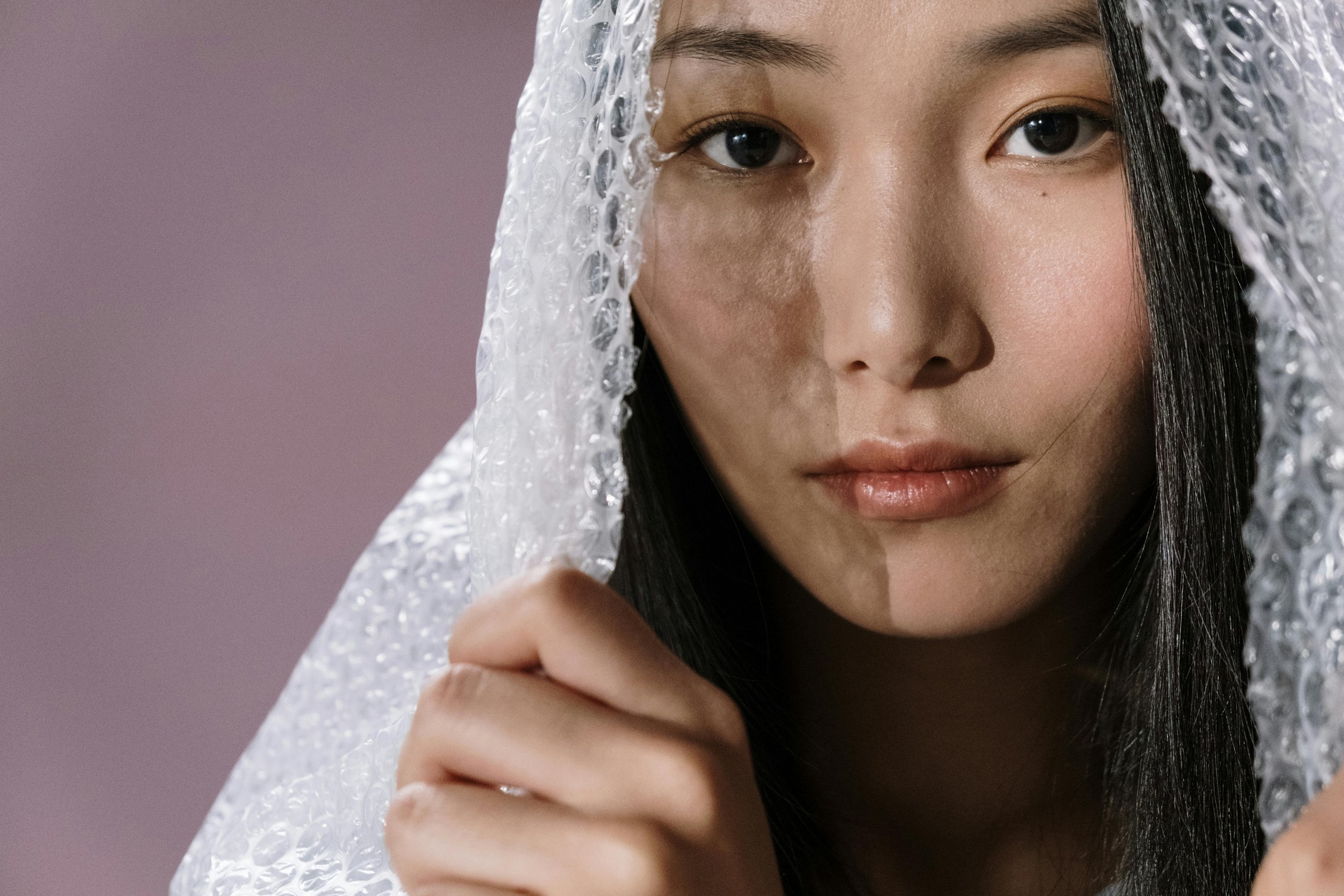The Best Skincare Ingredients for Acne
Acne is an incredibly common skin concern, one that I deal with frequently as a cosmetic doctor. And, like most people, it’s an issue that I’ve suffered with myself, so I’m very aware of the effect it can have on your skin confidence.
We previously wrote a handy overview of acne for the Edit. But now in this article we are tackling the top skincare ingredients for acne, and exactly how and why they work!
Retinoids
What is a skincare ingredient round-up without retinoids? (Read our detailed breakdown about retinoids in the Edit article: Everything You Ever Wanted to Know about Retinol).
So how do they help with acne? Retinoids normalise the follicular unit, and if we go back to Acne 101 we will remember that acne is primarily a disorder of the hair follicle. When the follicle gets blocked or inflamed, a pimple develops. They are known to be extremely comedolytic, and they inhibit even the precursor formation of pimples.
Retinoids also have a potent anti-inflammatory effect. Inflammation is one of the most important factors in the process of acne formation. Retinoids block several of these inflammatory pathways.
Therefore, retinoids are brilliant when treating comedonal and mild inflammatory acne. On top of this, retiniods work synergistically with benzyl peroxide and topical antibiotics.
Benzoyl peroxide
This is everyone’s favourite, famous anti-acne ingredient. Benzoyl peroxide is very effective bactericidal agent that targets C. acnes, and has some mild comedolytic properties (meaning it helps unclog the pores!) It is useful in that it does not promote microbial resistance.
Salicylic acid
Salicylic acid is a beta-hydroxy acid and very well-known of its acne-fighting powers. It is a great exfoliant, and its comedyolic effects lie in its ability to break down the bonds between dead skin cells, allowing the excess to slough off and unclog the pore.
It is also excellent at breaking down oils, and we know that excess sebum is one of the things that clogs the hair follicle in the formation of a pimple.
Finally, it has anti-inflammatory effects.
Azelaic acid
I’ll be honest - I feel like azelaic acid is the unsung superhero of a lot of skincare concerns. In the correct concentration it is pregnancy-safe (which is quite significant as we all know that the hormone fluxes in pregnancy can lead to major breakouts.) It is a acne and rosacea superstar, and one of my favourite secret weapons.
Azelaic acid helps to inhibit the growth of C. acnes and inflammation, as well as working to reverse the hyperkeratinisation that contributes to acne by increasing cell turnover. Also excellent in preventing Post-Inflammatory Hyperpigmentation.
Mandelic acid
Mandelic acid is an alpha-hydroxy acid (AHA) derived from almonds. It is one of the larger AHAs, meaning it does not penetrate as deeply into the skin and can be a great option for sensitive skin. It is very lipid soluble, which makes it ideal for those with oily or acne-prone skin, with antibacterial effects. It also works as an excellent exfoliant.
Sulfur
Sulfur has a keratolyic effect to unclog your pores, and can help absorb excess oil and tends to be less drying than salicylic acid and other acne mainstays.
Niacinamide
This ingredient is a bit of a dark horse, but it has wonderful anti-inflammatory properties, which helps with acne (an inflammatory condition). It can also aid in your skin recovery and healing, as it is a favourite barrier repair ingredient. It is especially good for sensitive skin as it is less irritating and drying than other ingredients.
Book a virtual skin consultation now, powered by my skincare concierge Get Harley.
References
Leyden, J., Stein-Gold, L., & Weiss, J. (2017). Why Topical Retinoids Are Mainstay of Therapy for Acne. Dermatology and therapy, 7(3), 293–304. https://doi.org/10.1007/s13555-017-0185-2


















When it comes to skincare, acids have long been the stars of the show—think glycolic, salicylic, and hyaluronic acids. These tried-and-tested ingredients have earned their reputation for addressing common skin concerns such as acne, wrinkles, and dryness.
But did you know there are lesser-known acids that are starting to make their mark in the skincare world? While some have been used for centuries, others are still emerging in research. In this blog, we’ll introduce you to some skincare acids you may have never heard of, discuss their potential benefits, and help you decide whether they should make their way into your routine.